A Personal Reflection on Change
When I introduce myself, I often say, 'I'm Algarvian, born and raised in Lagos.' I repeat this not out of extraordinary pride, but in the hope that it might one day resonate with the same force as when someone from another part of Portugal introduces themselves.
Exploring Portugal's Diversity
I know this country very well. I used to visit the most remote corners of Portugal with my family, exploring them in detail, from the candles of Felgueiras to the baskets of Nandufe. I traversed the diverse landscapes that build Portugal and upon which our Portuguese identity was able to flourish. Portugal is geography, but above all, it is culture.
Feeling Less Portuguese
I often feel less Portuguese than others. I feel this not because I have Germanic ancestry, but precisely because I am Algarvian. Because I am from a region that was the target of an economic reconfiguration alien to local will, and which had to get used to the implementation of a new pace of life, adapted to those just passing through.
Rapid Urban Development
So many hotels, so many luxury apartment complexes, so many roads, so many restaurants were built at a tremendous speed. The storks, which once nested in industrial chimneys, were displaced when these were demolished to make way for ostentatious urbanism.
Economic and Social Impacts
The continuous investment in tourism and urban construction with speculative effects remains the major generator of the local economy, but it also functions as a 'quick fix' for failed public policies in the region. Inequality in the distribution of profits persists, as part of the revenue does not even stay in the Algarve region. Precariousness remains at various social levels, increasing the discrepancy in economic and social development, as well as in the very type of tourism being promoted.
Loss of Recognition and Identity
I no longer recognize many parts of the Algarve. In fact, many of the constructions, poorly harmonious in their dimensions, repulse me. The Algarve corners are being replaced. The typical terraces bounded by imperfect lime walls, where two sun-burned chairs rest next to a fig tree—or even the yellow buildings, which, although more modern, continue the Algarve sigil—are being replaced. An urbanistic confusion has been established, and we have come to be defined only by the sun.
Cultural Contrasts
While in the North, each beat of a cowbell seems to continuously reinforce identity and the presence of culture, in the Algarve it appears in fragments, as if remotely forgotten. The vast majority of the Algarve population lives in the coastal zone—that is, near the coast—but their tradition increasingly takes refuge in the Serra, far from it.
The Speed of Transformation
Whenever I return to the Algarve, I see that it has been intensely reconfigured, and I do not recognize it. How is this possible? This transformation happens at such a speed that the ties of citizens to the territory have gradually weakened, pushing them to the margins of the city. A desperate belief has set in. The belief that to strengthen the bond, one must accept a role in service work—behind the scenes—because in the city's theater, they are only granted the effort, not the stage.
A Call for Reflection
The Algarve is a region seeking to rediscover its identity. It is necessary to think about those who live there, those who create it and resist amidst the change. No matter how much the sun should be valued, it is also necessary to think about those who live in the shadow of this region. Let it be for them too.

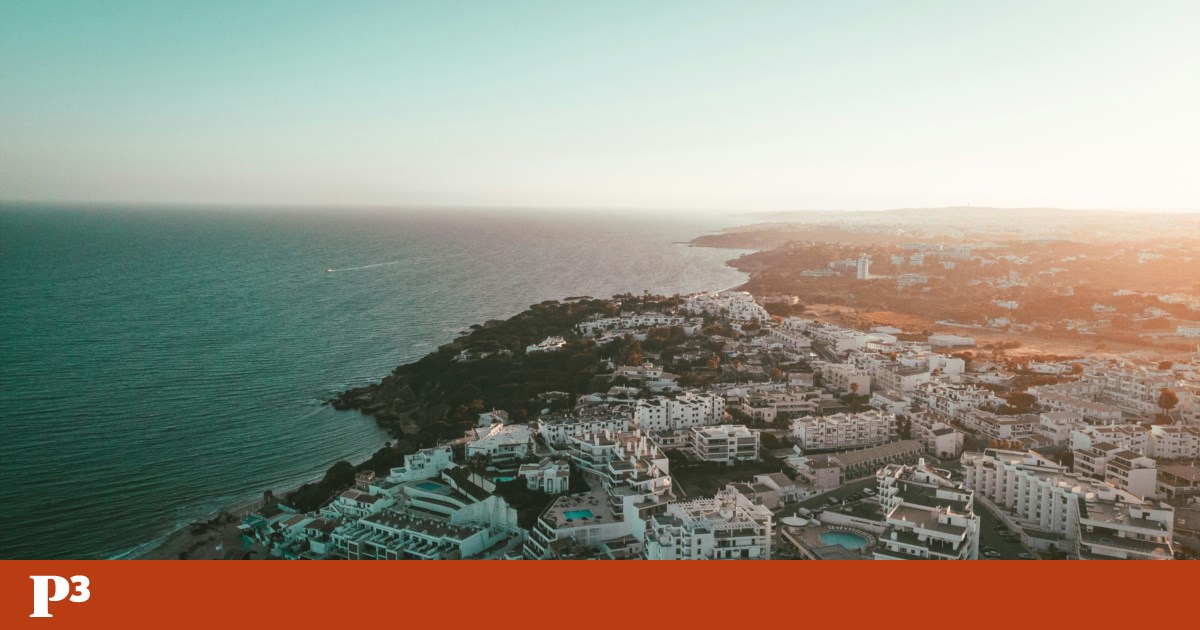

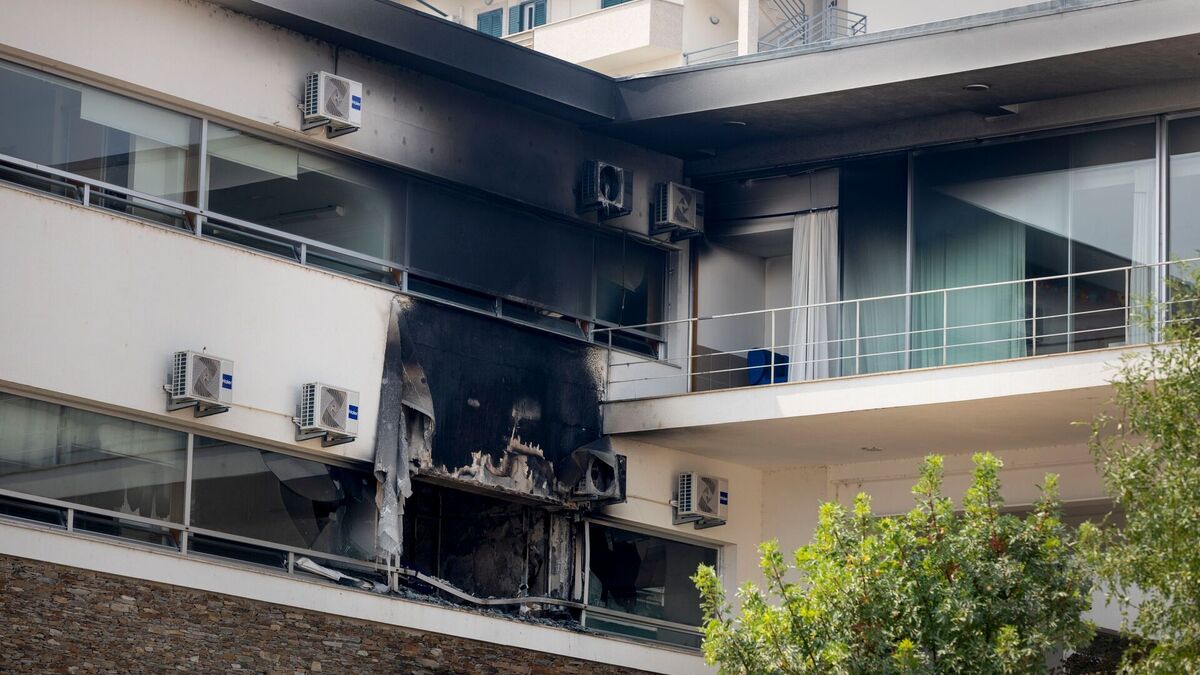


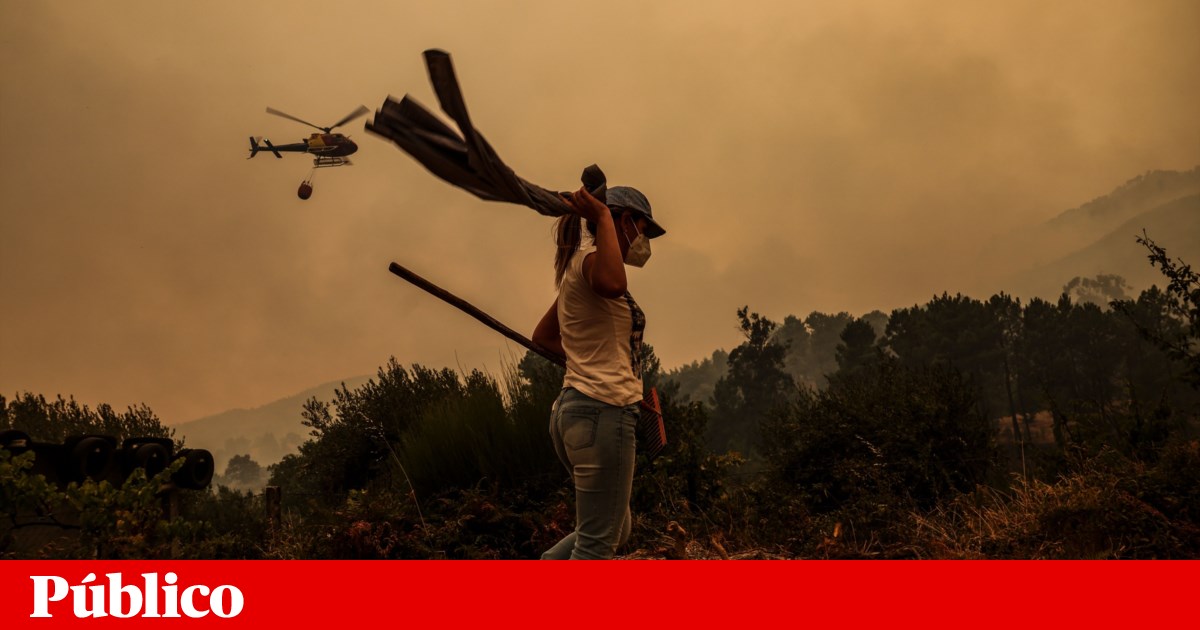
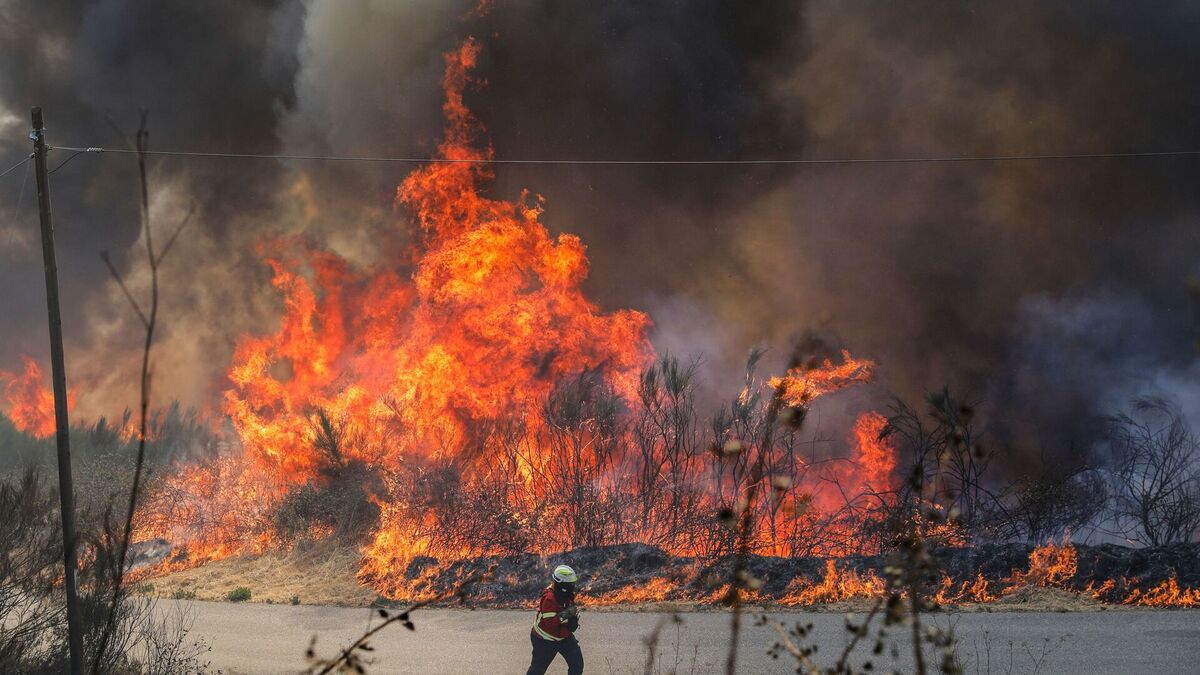
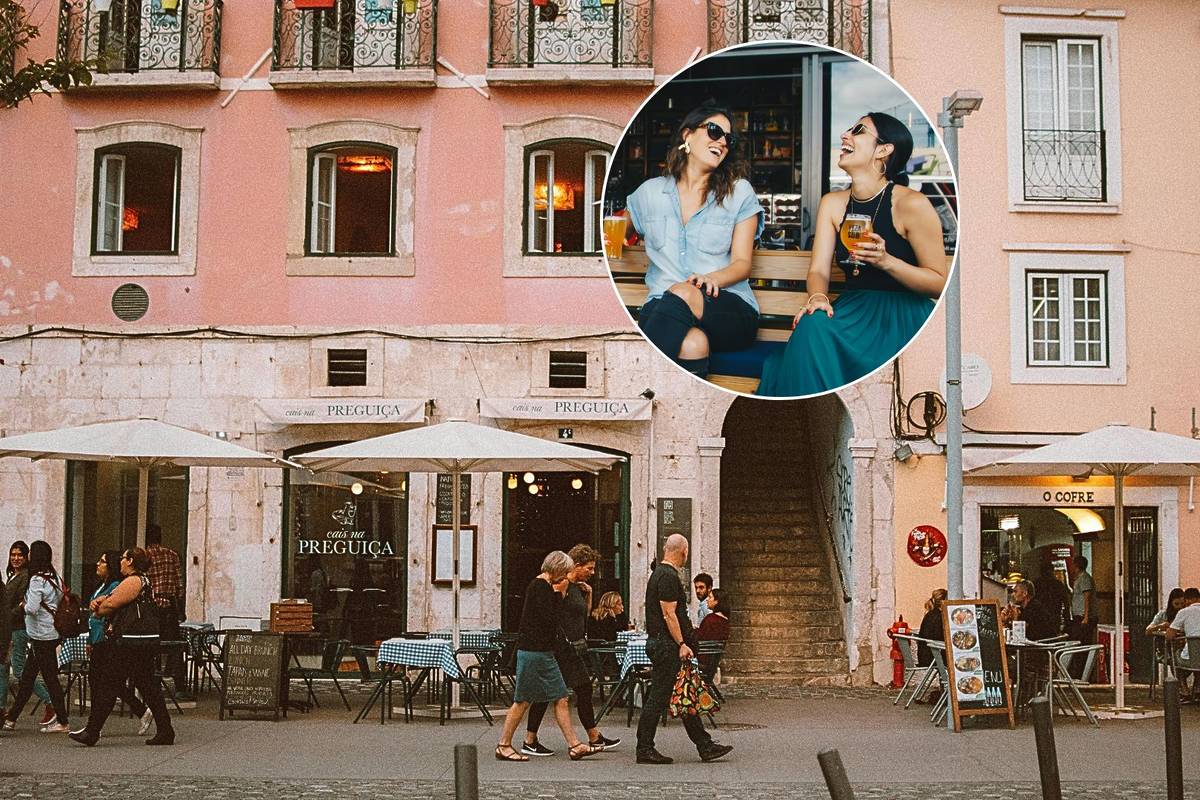
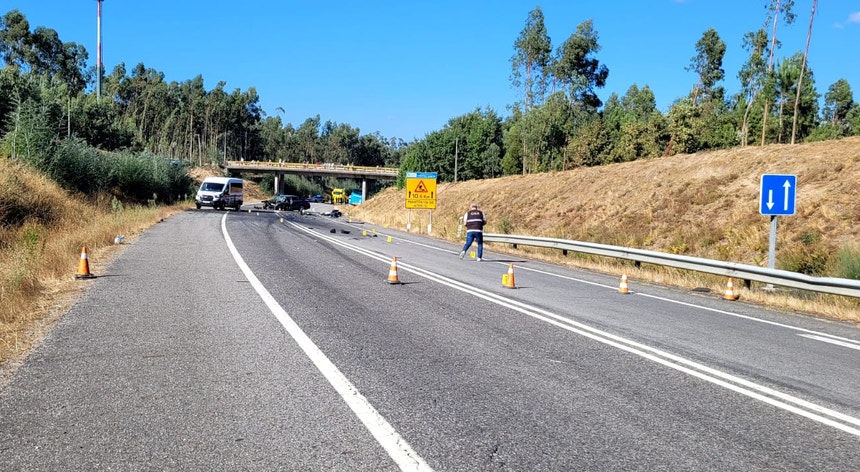

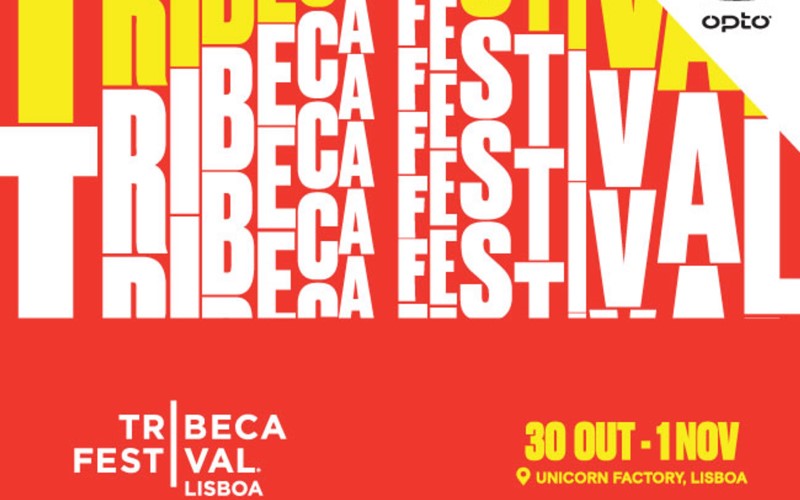

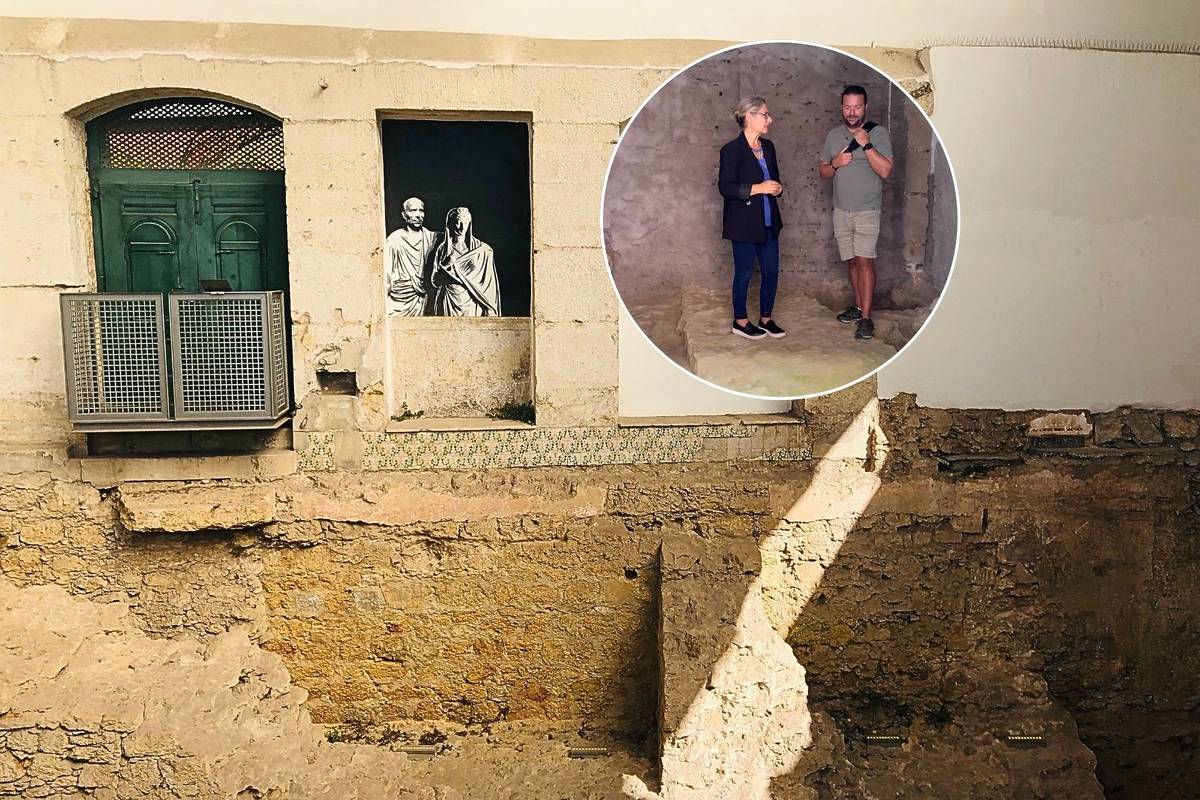




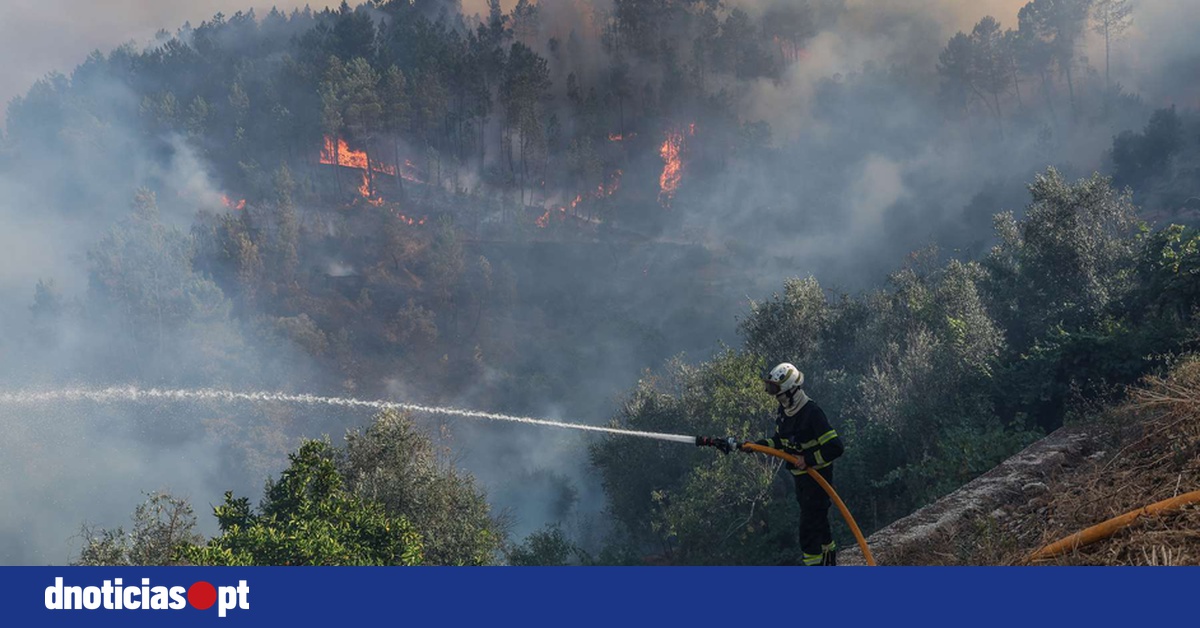
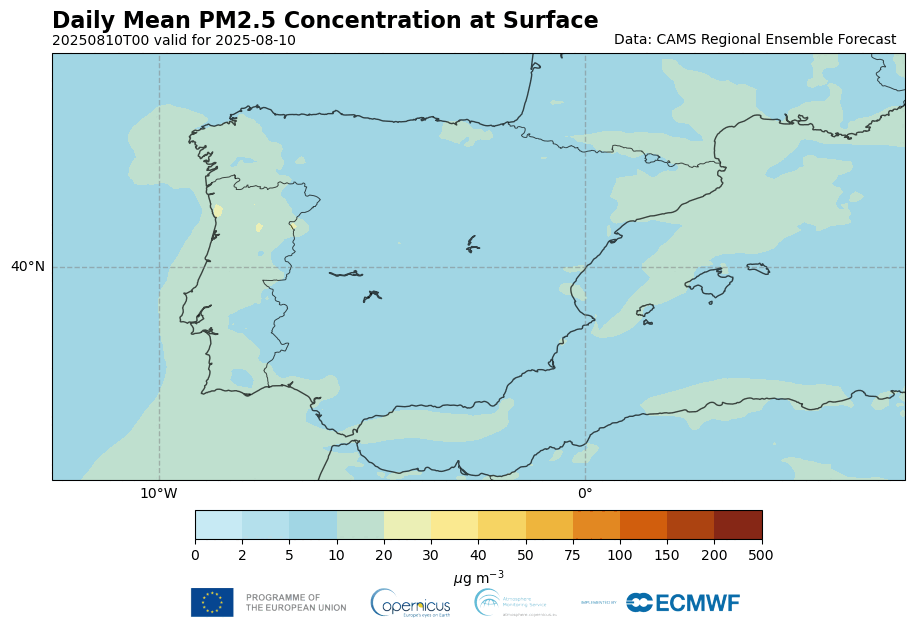

Comments
Join Our Community
Sign up to share your thoughts, engage with others, and become part of our growing community.
No comments yet
Be the first to share your thoughts and start the conversation!